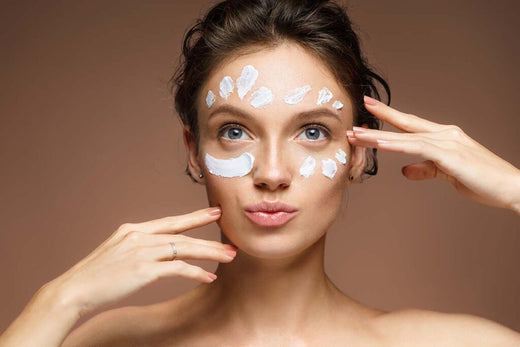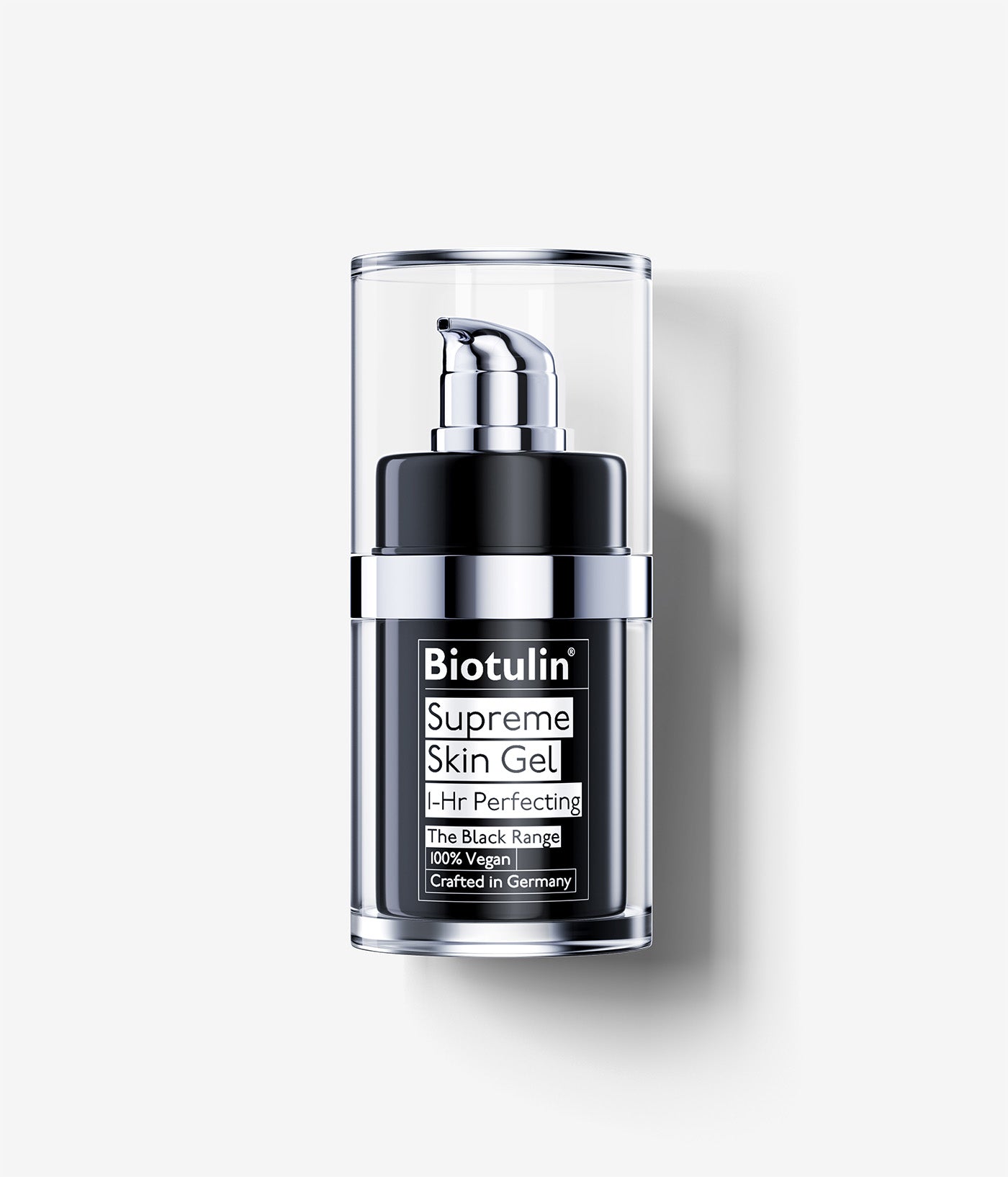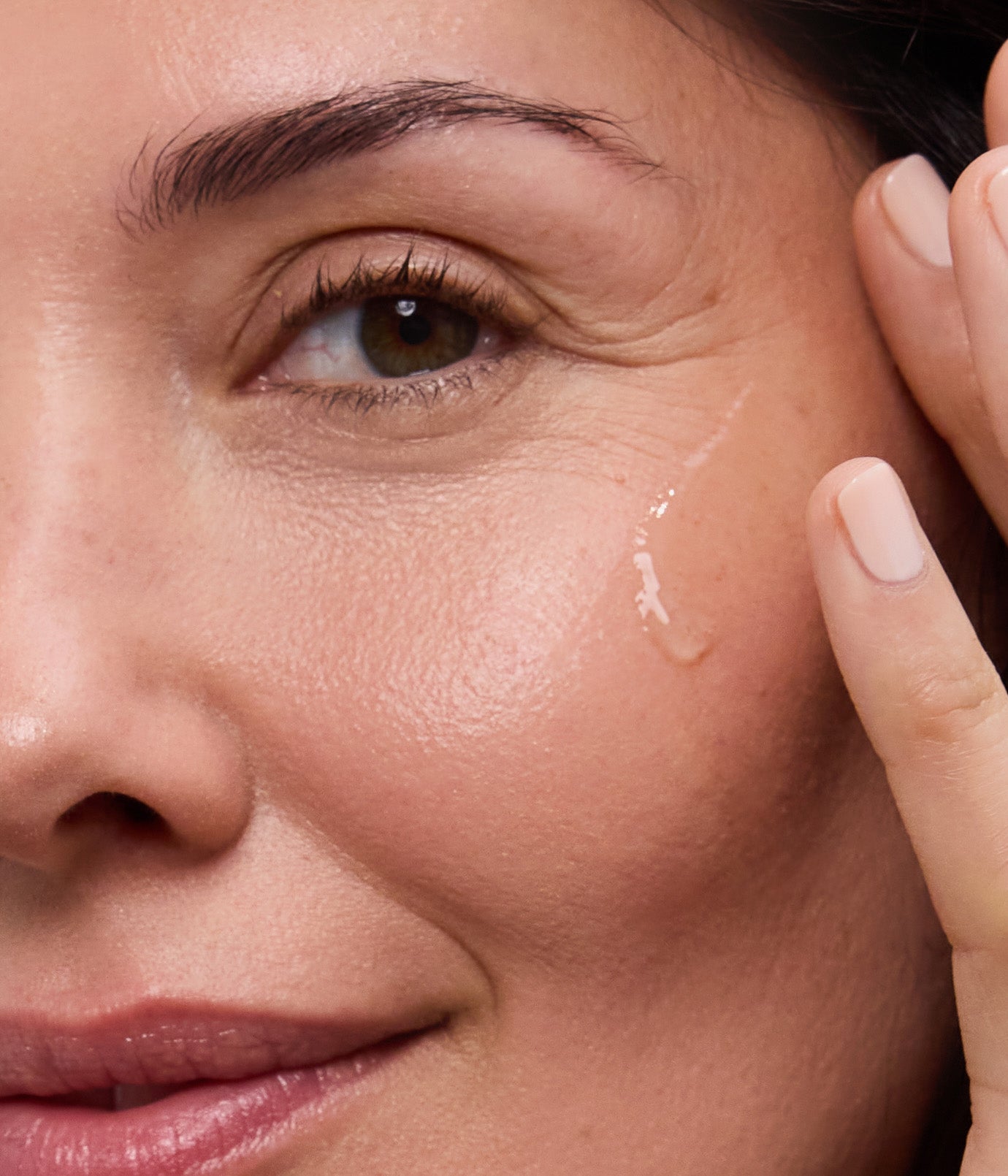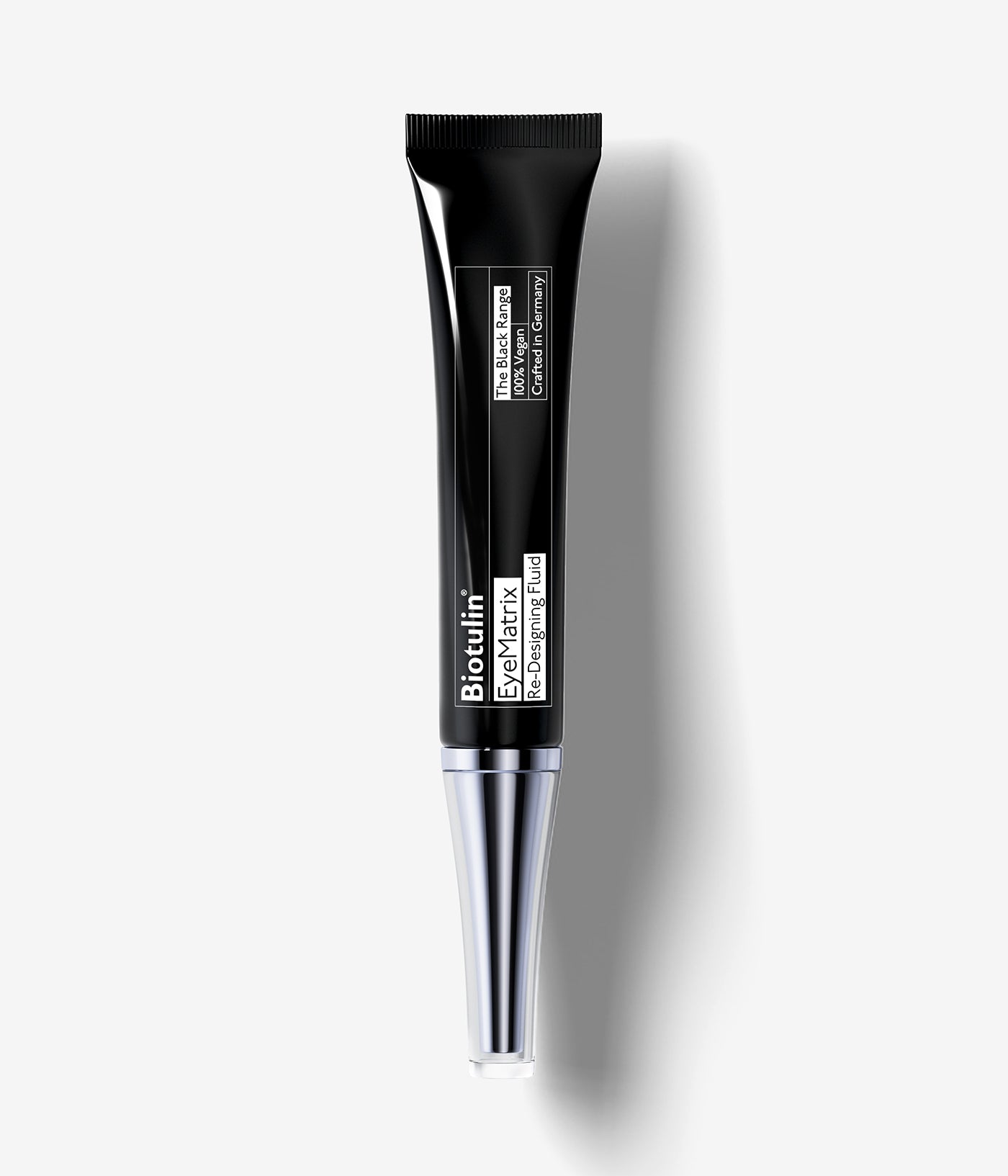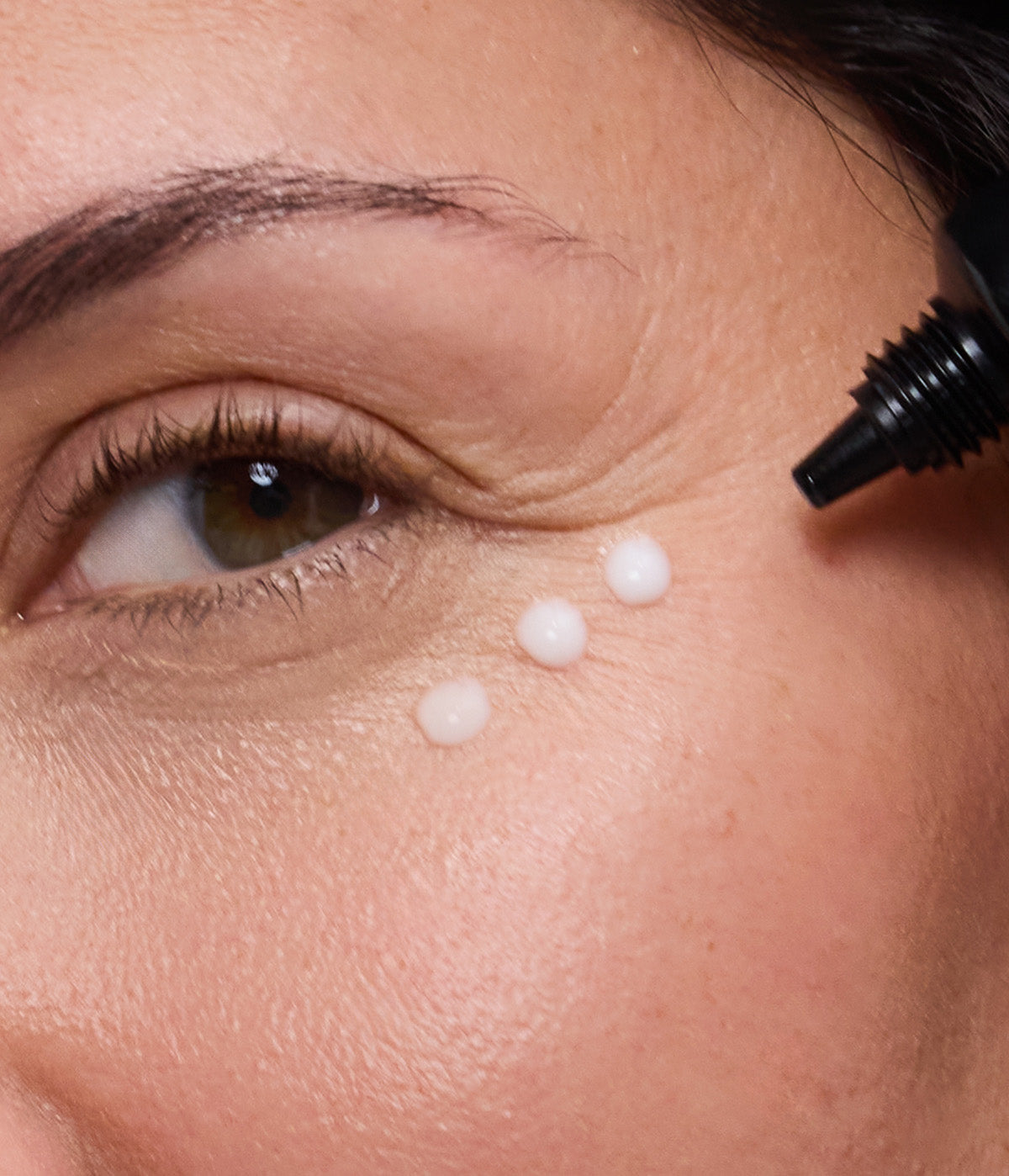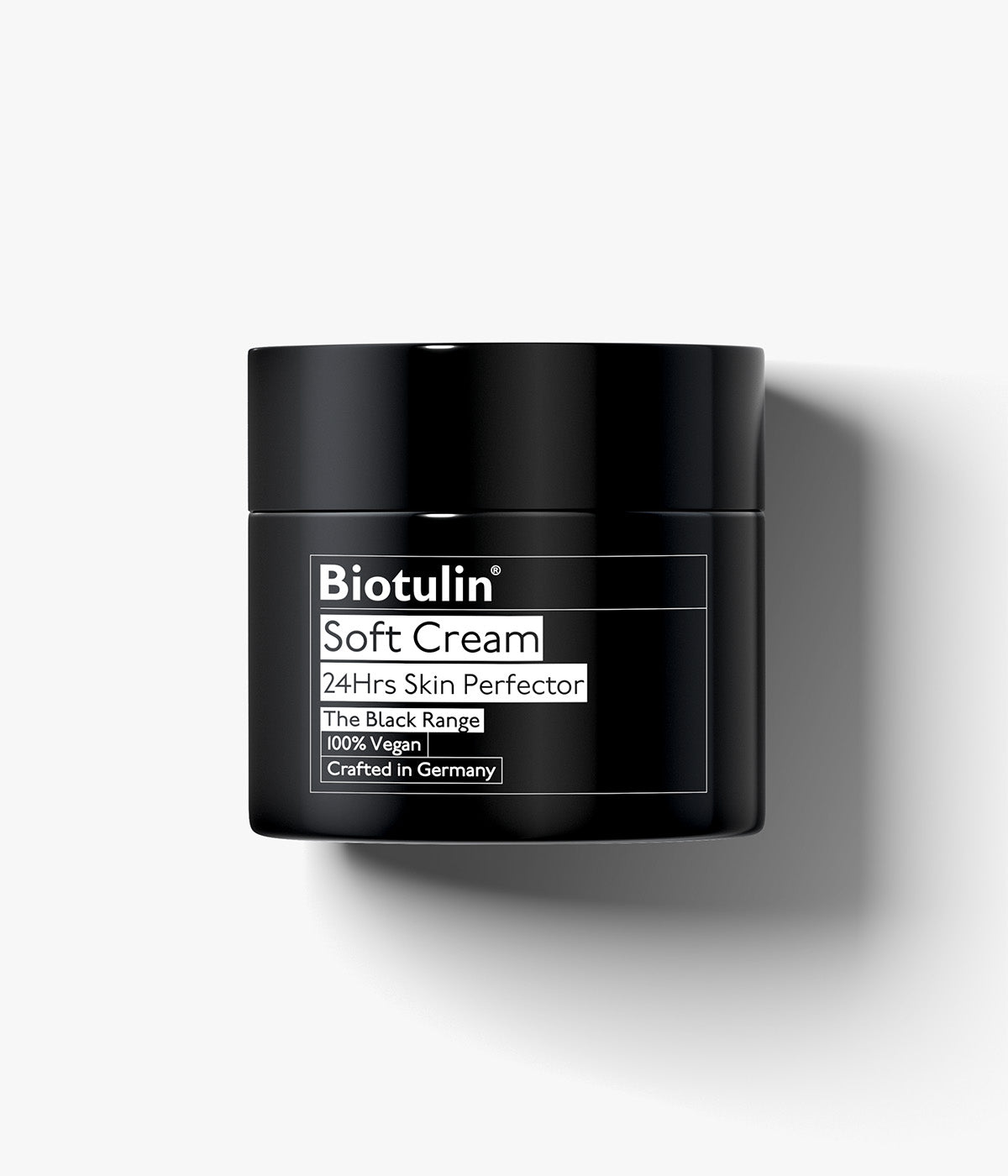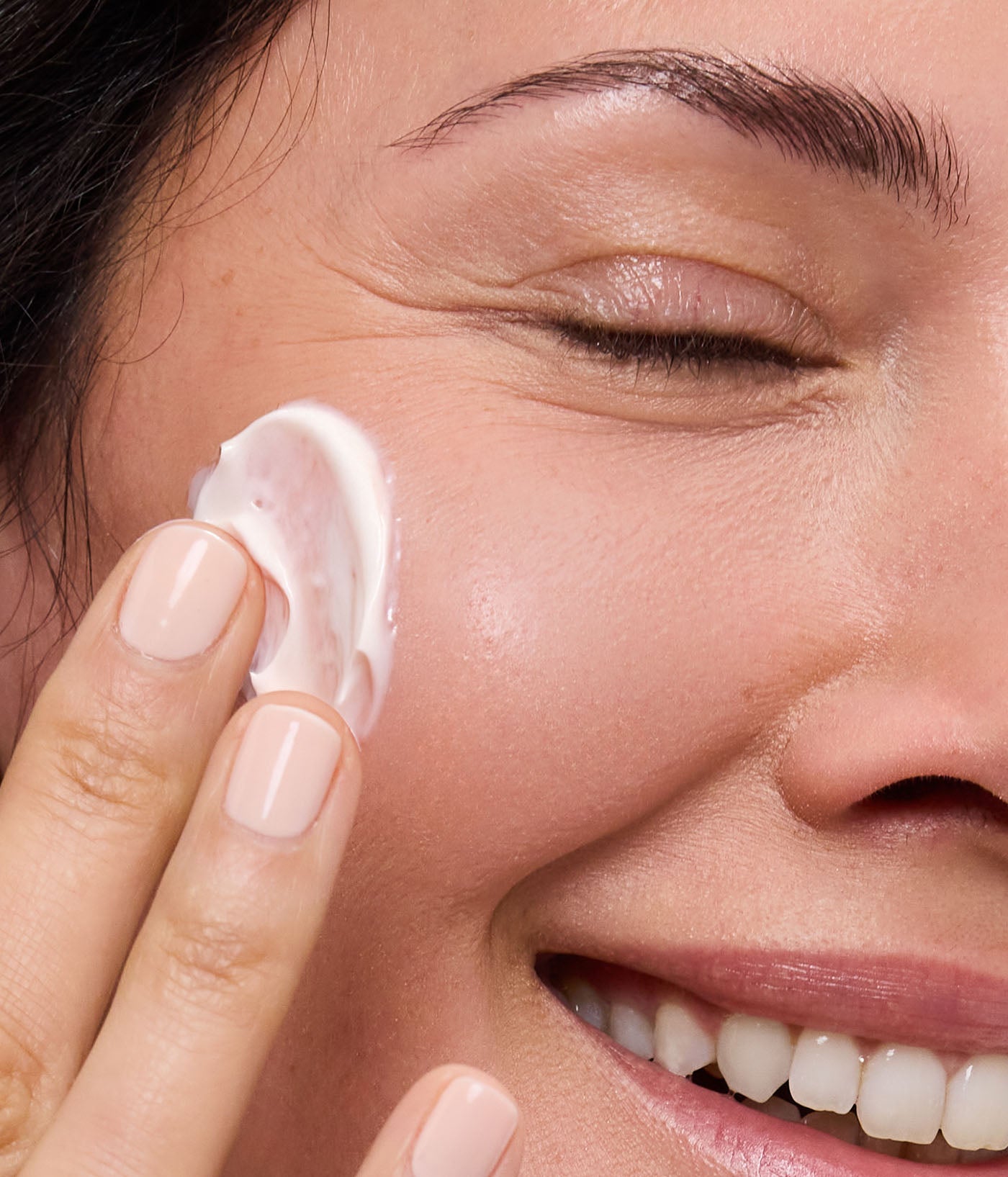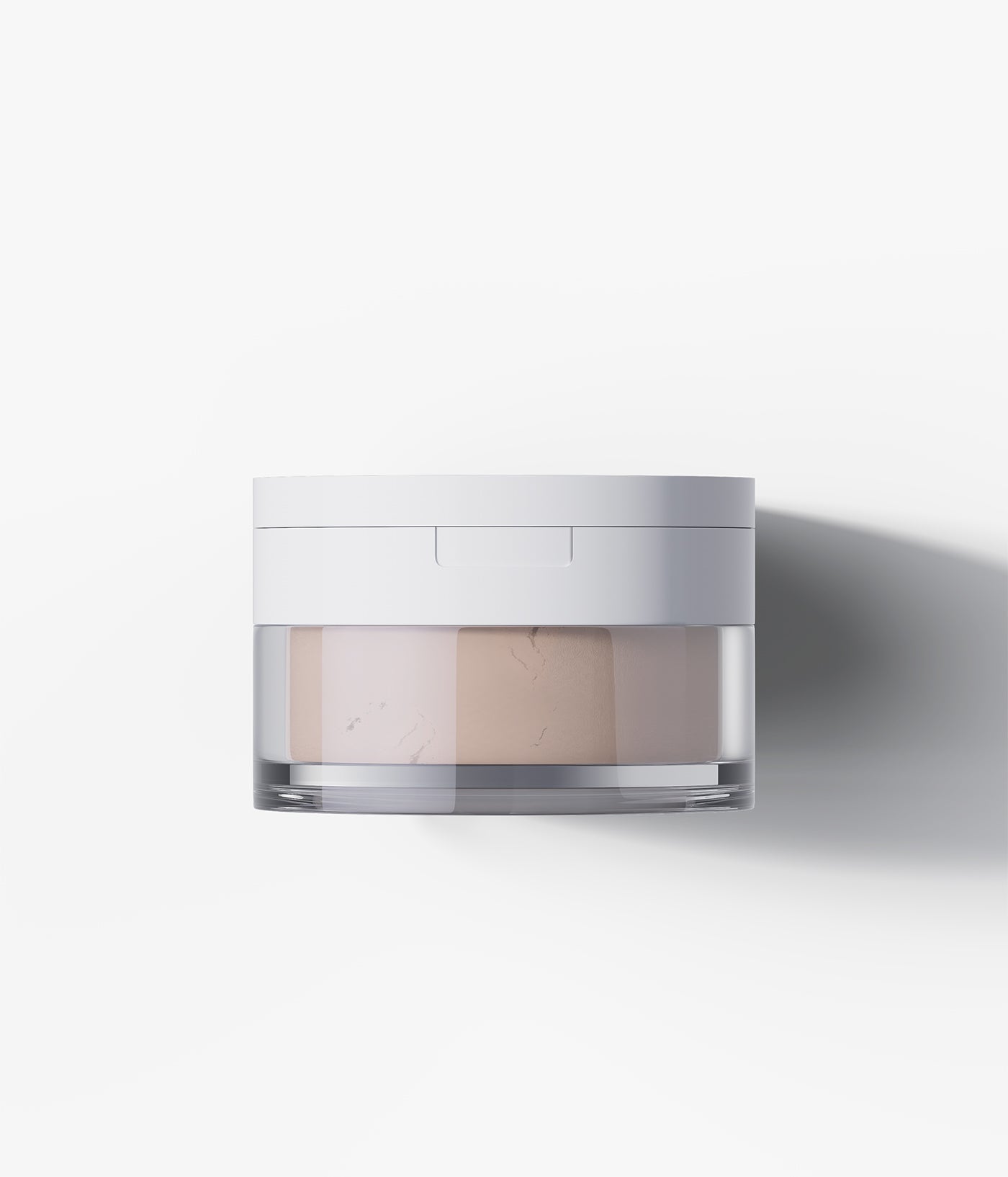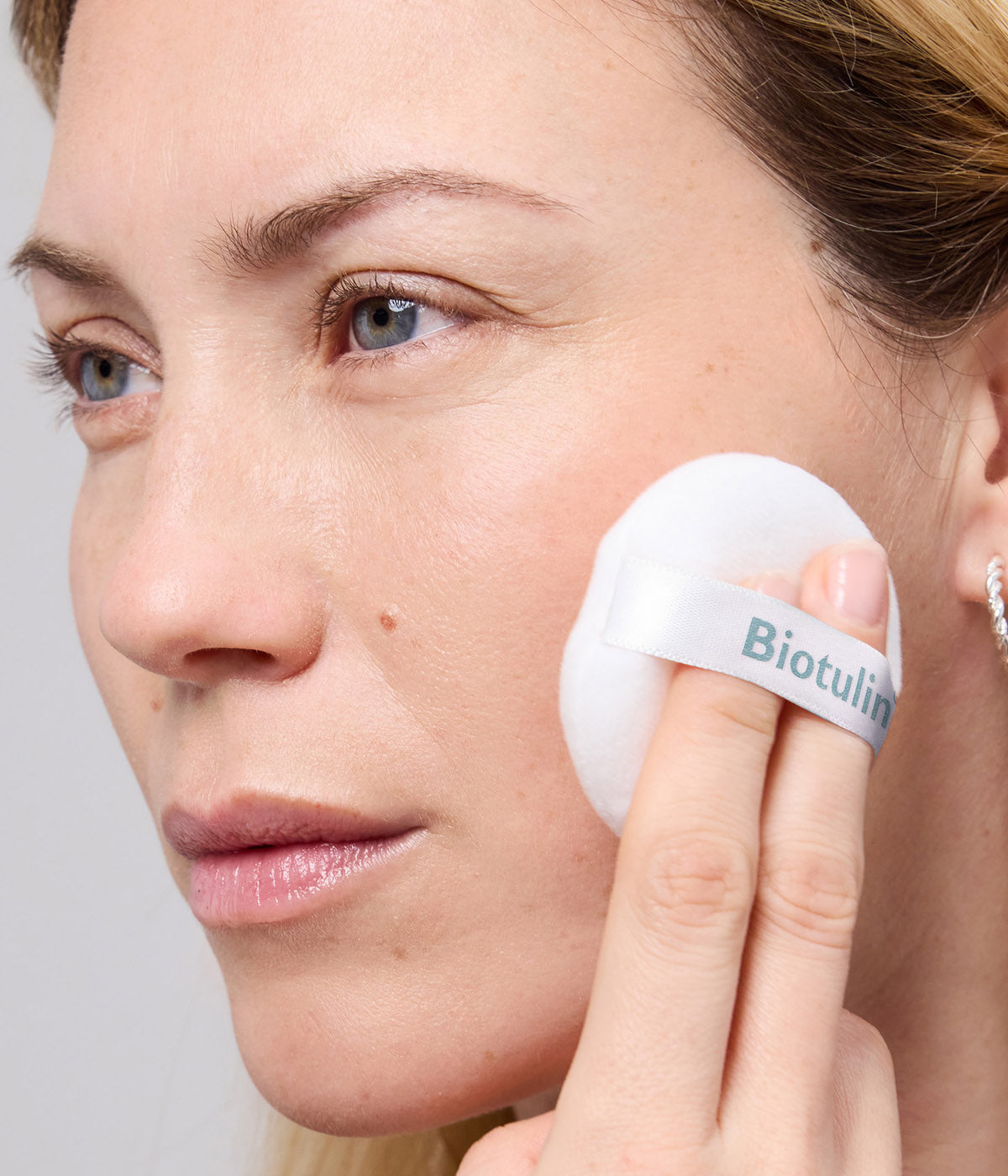Want to know what a moisturizer is and how to use it? Then you've come to the right place!
In this article, you'll learn exactly what a moisturizer is and why it's important for your skin, whether you have sensitive or normal skin. We'll also discuss when and how to apply it for the best results.
So get ready to pamper yourself and get the soft, hydrated skin you've always wanted. Let's get started, shall we?
What is a moisturizer?
A moisturizer is a cosmetic product that hydrates and nourishes the skin. It is an important part of any skin care routine, especially if you have dry skin. Moisturizers lock moisture into the skin, protecting it from drying out and maintaining its natural balance. They contain ingredients that restore the skin's moisture balance, leaving it soft, supple and radiant.
Using a moisturizer is easy. After cleansing your face, apply a small amount of moisturizer to your fingertips and gently massage it into your skin in an upward motion. Be sure to cover your entire face, including forehead, cheeks, nose, and chin. Don't forget to moisturize your neck and décolleté, as these areas can dry out and need hydration.
Regular use of moisturizers can help improve the overall health and appearance of your skin. It can help prevent dryness, flakiness and roughness, and give you a smoother, more youthful complexion. So be sure to include a moisturizer in your daily skin care routine to keep your skin looking, feeling, and performing at its best.
What does a good moisturizer do?
For optimal results, a good moisturizer ensures that your skin retains moisture, improves its elasticity and reduces the appearance of wrinkles. It acts as a barrier that protects the skin from environmental damage and prevents it from drying out. But what makes a good moisturizer?
For starters, it hydrates and replenishes the skin's natural moisture reserves. This is important because dry skin is prone to irritation and premature aging. By hydrating, a good moisturizer helps maintain the health and integrity of your skin.

Soft Cream is one of the best moisturizers you can find
Second, it helps the skin retain moisture. This is especially important for people with dry or dehydrated skin. A good moisturizer contains ingredients that act like sponges, absorbing and locking in moisture so it doesn't evaporate. This keeps the skin moisturized longer.
A good moisturizer also improves skin elasticity. It does this by strengthening the skin's barrier, which is responsible for maintaining moisture balance and protecting against external aggressors. By strengthening this barrier, a good moisturizer helps keep skin plump and firm, reducing the appearance of fine lines and wrinkles.
Finally, a good moisturizer should not clog pores. It should be non-comedogenic, meaning it won't clog pores or cause breakouts. Make sure the moisturizer is light and oil-free, as these are less likely to cause clogging and acne.

When should I use a moisturizer?
As the seasons change, it's important to know when your skin needs the most moisture. Moisturizers are an essential part of any skin care routine, but knowing when to use them can make a big difference in the health and appearance of your skin. The key is to understand your skin type and its specific needs.
For those with normal to dry skin, it's ideal to use a moisturizer as the penultimate step of your morning skincare routine. The moisturizer should be used after applying serums, vitamins and gels or hyaluronic acid. It helps seal in the products you have applied and provides an extra layer of hydration.
However, if you have oily or combination skin, use a lighter moisturizer in the morning or skip it altogether. Instead, use a moisturizer at night to keep your skin hydrated while you sleep.
Regardless of your skin type, it's important to pay attention to your skin's needs. If you notice dryness, tightness, or flaking during the day, it is a good sign that your skin could benefit from hydration. Using a moisturizer at this time can help restore your skin's moisture levels and prevent further damage.
Why do I need a moisturizer?
In order to maintain healthy and radiant skin, it is important to understand the importance of a moisturizer. A moisturizer is an important step in any skin care routine, regardless of your skin type. It helps hydrate and lock in moisture to keep your skin hydrated and prevent it from drying out or flaking.
When your skin is under-hydrated, it can feel tight and dull, and even develop fine lines and wrinkles. A moisturizer acts as a barrier that prevents water loss and improves the skin's ability to retain moisture. It also helps balance the skin's natural sebum production, which reduces the likelihood of blemishes and spots.
Applying a moisturizer is easy. After cleansing and toning your skin, apply a small amount of moisturizer to your face and neck and massage it in using upward strokes. Choose a moisturizer that suits your skin type, whether you have dry, oily, or combination skin. Look for ingredients such as hyaluronic acid, glycerin and ceramides, which are known for their moisturizing properties.
Incorporating a moisturizer into your skincare routine will not only make your skin look firmer and more youthful, but will also improve its overall health. So don't skip this important step and give your skin the hydration it deserves.

How to apply moisturizer
When applying moisturizer, start with a small amount and gently massage it into the skin in upward motions. This technique stimulates circulation and promotes a healthy glow. Applying moisturizers in upward motions also helps to tighten the skin and reduce sagging or loose skin.
When applying moisturizer, focus on areas that tend to be dry, such as the cheeks and forehead. Take your time and work the moisturizer into your skin thoroughly. Remember that a small amount goes a long way, so you don't need to apply a thick layer right away.
Applying the moisturizer with your fingertips gives you more control and precision. The warmth of your fingertips also helps the cream penetrate the skin. Do not apply excessive pressure or pull on the skin as this can cause irritation and damage.
Don't forget to moisturize the neck and décolleté as well as the face. These areas are often neglected but are particularly prone to dryness and aging. By including them in your moisturizing routine, you can maintain a smooth and youthful appearance.
By following these simple steps, you can keep your skin hydrated, nourished, and glowing. So treat yourself and give your skin the love and care it deserves.
When should I moisturize?
To maximize the benefits of a moisturizer, apply it to slightly damp skin immediately after cleansing and toning. This is the best time to apply a moisturizer because it allows the product to penetrate deep into the skin and effectively lock in moisture. When skin is moist, it is more receptive to moisturizers that hydrate and nourish the skin from within.
It is important to apply moisturizer at the right time. After cleansing and toning, skin is clean and receptive. When the skin is still moist, the product glides on easily and is absorbed quickly. This not only locks in moisture, but also forms a protective barrier on the skin's surface that prevents moisture loss throughout the day.
It is important to know that the best time to apply moisturizer depends on your skin type. For example, if you have oily skin, you should wait a few minutes after cleansing to allow your skin to dry a bit before applying moisturizer. On the other hand, if you have dry or sensitive skin, applying a moisturizer to skin that is still slightly moist can provide additional hydration and soothe the skin.

Are there specific moisturizers for the face?
There are specific moisturizers for the face, such as Moisturizer for the Face, which are formulated to meet the specific needs of facial skin. Body moisturizers can be used on the face, but they do not provide the same amount of nutrients and moisture as facial moisturizers. Facial skin is more delicate and prone to problems such as dryness, sensitivity and acne. This is why it is important to use facial moisturizers.
Facial moisturizers contain only mild ingredients that are non-comedogenic, meaning they do not clog pores. They also tend to have a lighter texture and are easily absorbed by the skin, leaving it feeling soft and supple. In addition, facial moisturizers often contain other beneficial ingredients such as antioxidants, vitamins and SPF to further protect and nourish the skin.
To use an appropriate facial moisturizer, first cleanse your face with a mild cleanser to remove dirt and impurities. Dry your face with a clean towel and leave it slightly moist. Take a small amount of moisturizer and gently massage it onto your face and neck in upward motions. Allow the moisturizer to absorb completely before applying other skin care products or makeup.
Using a facial moisturizer is an important step in any skin care routine because it helps hydrate, balance, and protect the skin. Choose a moisturizer that suits your skin type and concerns, and use it daily for the best results. Your face will thank you!
Do I need to wash off my moisturizer before bed?
No, you don't need to wash your moisturizer off before bed because it's designed to stay on your skin all night long to hydrate and nourish. Moisturizers work their magic while you sleep, helping to replenish and restore your skin's natural moisture balance. So instead of washing it off, let the moisturizer work its magic while you drift off to a peaceful slumber.
Using a moisturizer at bedtime is an important step in your skincare routine. It helps lock in moisture, prevents dryness, and keeps skin soft and supple. The rich, creamy texture of a moisturizer creates a protective barrier that shields your skin from the harsh environmental elements it is exposed to during the day.
It's easy to apply a moisturizer before bed. After cleansing and toning your face, take a small amount of moisturizer and gently massage it into your skin in an upward motion. Pay special attention to areas that tend to be dry, such as the cheeks and forehead.
Choose a moisturizer that matches your skin type and meets your specific needs. Whether you have dry, oily or combination skin, there is a moisturizer for you.

Which is the best moisturizer?
Now that you know the importance of moisturizing your skin before bed, let's talk about how to find the best moisturizer for your skin. With so many choices, it can be difficult to find the right product. But don't worry, I'm here to guide you through this process of finding the right moisturizer.
When looking for the best moisturizer, it's important to find one with a perfectly balanced base for every skin type and age. It should be oil-free and not clog pores.
Daynite24+ is an anti-wrinkle day and night cream with a perfectly balanced base for all skin types and ages. Cosmetic studies have shown that the active ingredient combination Biotulin can reduce the depth of wrinkles.
The balanced combination of Biotulin, Grape Seed Oil, Shea Butter and Squalane ensures wrinkle-free, radiantly soft skin while protecting it from environmental damage.
During the day, Daynite24+ provides the skin with moisture and vitamins. Thanks to its light consistency, there is no shine and make-up can be applied after the morning application.
At night, Daynite24+ regenerates the skin with natural grape oil. During development, special attention was paid to the nourishing properties of the individual active ingredients. The skin is optimally supplied with hyaluronic acid and the skin's own collagen production is optimally stimulated.
Don't forget to apply the cream to the neck and décolleté.
The active ingredients in Soft Cream
Biotulin
Biotulin contains Spilanthol, a local anesthetic extracted from the Acmella Oleracea plant (paracress). It reduces muscle contraction and relaxes facial features. Crow's feet, forehead wrinkles, glabella between the eyebrows and nasolabial folds can be visibly smoothed.
Hyaluronic Acid
supports the effect by plumping up the skin and supporting collagen and elastin fibers. Its skin-lifting and smoothing effects are immediately visible.
Grape Seed Oil
Grape seed oil is obtained by pressing and extracting the crushed seeds of the grape (Vitis vinifera). It has exceptional antioxidant properties due to its content of polyphenols and tocopherols. These are among the most powerful free radical scavengers that nature has to offer. Its antioxidant properties are 20 times more powerful than vitamin C and 50 times more powerful than vitamin E. It slows down the aging process of cells and keeps the skin looking youthful, fresh and healthy.
Shea Butter
Shea butter is a fat extracted from the nut kernels of the fruit of the shea tree. Thanks to its broad spectrum of ingredients, shea butter has a positive effect on the skin's moisture content. It also has moisturizing, soothing and smoothing properties. Shea butter protects the skin from environmental damage and is especially good for dry skin.
Squalane
Squalane is a clear, odorless, low-viscosity lipid. It is the saturated version of the skin's own squalene, which is an essential component of the skin's hydrolipid film (acid mantle). Squalane spreads easily over the skin, absorbs quickly and leaves the skin feeling extremely soft, silky and non-greasy.
Moisturizer FAQ
What is the purpose of a moisturizer?
The purpose of a moisturizer is to hydrate the skin and keep it soft and supple.
How often should I use a moisturizer?
Ideally, moisturizers should be used twice a day, morning and night.
Is a moisturizer good for dry skin?
Yes, a moisturizer is especially good for moisturizing dry skin.
What ingredients should I look for in a moisturizer?
A good moisturizer should contain ingredients such as hyaluronic acid, grape seed oil, biotin, etc., which provide intensive moisture to the skin.
Can I use a moisturizer as a facial mask?
Some moisturizers can be used as a face mask. Check the instructions on the package to see if this is possible with your particular moisturizer. However, it is better to use facial masks that are designed for this specific purpose.
Will a moisturizer clog my pores?
A good moisturizer, like our Biotulin DayNight 24+, should not clog your pores. To minimize this risk, choose a moisturizer that is non-comedogenic.
What is the difference between a hydrating cream and a moisturizer?
The term "hydrator" is often used interchangeably with "moisturizer. However, both products serve the same purpose: to hydrate the skin.
Can I use a moisturizer under my sunscreen?
Yes, it is recommended that you use a moisturizer before applying sunscreen to keep your skin hydrated and protected from dryness.You should apply your moisturizer first, allow it to absorb well, and then apply your sunscreen. Wait a moment for the moisturizer to absorb and then apply your sunscreen.
Can I use a moisturizer on my body?
Yes, a moisturizer can be used on the body to nourish and hydrate dry skin.
What is the English translation of moisturizer?
The English word moisturizer means moisturizing cream and is often called hydrator.
Which face cream or face wash do I need?
Beauty experts recommend exactly four products when it comes to facial care: day cream, night cream, serum and eye care. That sounds like a lot, but it is the simple answer to the fact that skin needs vary from day to night and in different areas of the face.
What skin care do I need?
To find the right skin care for you, you need to know your skin type. Many people don't have this knowledge, which is why they sometimes choose the "wrong" skin care product. A professional skin analysis by a dermatologist or your trusted esthetician can help.


